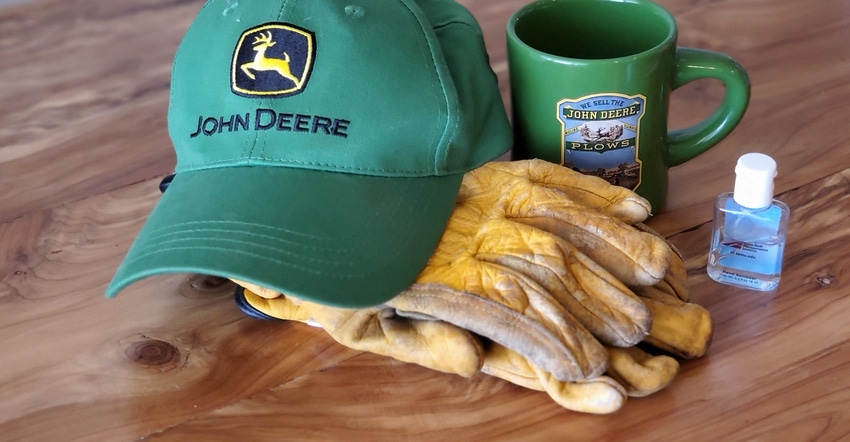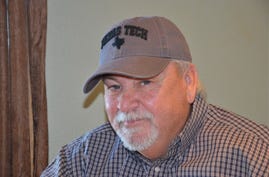
The local John Deere dealership doubles as a morning coffee stop for many producers. It's where football games are replayed and better officiated, rainfall amounts slightly embellished, and good old comradery begins before heading to the field.
But since the threat of COVID-19, the coffee pots at Hurst Farm Supply's seven locations have gone dry as CEO Joe Hurst takes precautions to protect employees and customers.
 Joe Hurst, CEO Hurst Farm Supply (Credit: Hurst Farm Supply)
Joe Hurst, CEO Hurst Farm Supply (Credit: Hurst Farm Supply)

"Since last Friday, I've had staff meetings at each of our stores instructing them on expectations regarding hygiene, disinfecting and not sharing computers," Hurst explains of his Lorenzo, Texas company.
"Every hour, on the hour, somebody needs to wipe down every door handle and high traffic area. And the only thing we've implemented that's ticked people off is eliminating our public coffee."
Critical Infrastructure
March 16, President Trump issued an updated "Coronavirus Guidance for America," which states:
"If you work in a critical infrastructure industry, as defined by the Department of Homeland Security, such as healthcare services and pharmaceutical and food supply, you have a special responsibility to maintain your normal work schedule."
While agriculture has been given the go-ahead, Hurst is adjusting how he conducts business. "I'm telling our people, don't panic, just be responsible," Hurst says.
Like many businesses, Hurst offers curbside service, and only two service technicians are allowed behind the counter at a time. And before equipment repairs begin, the tractor cabs are sterilized or wiped down, whether the repairs are inhouse or in the field.
Emergency Fund
For employees who feel sick or possibly exposed to COVID-19, Hurst has asked them to self-quarantine. "I have developed an emergency fund where I take care of my employees. I've got eight out of 130 at home, which is a pretty high percentage. But I don't want anyone infecting my customers or the other employees. So, we're going to quarantine for a period of time," Hurst says. Government reimbursement for lost wages won't be available until April 3, he adds.
"That's some of what we're doing right now," Hurst says, "and a whole lot of prayer."
Spirits Down
As the pandemic hits the United States, many producers are planting or preparing to plant. And while area growers are grateful for the preplant moisture from recent rainfall, Hurst says the market's response to COVID-19 has many of his customers discouraged.
"I don't know what cotton is today, but yesterday it was around 52 cents. But on the other side of that, I talked to three banks yesterday, and they were in good shape, they had loaned to everybody that needed money. The only ones who didn't get money were the ones who hadn't decided if they wanted to continue farming, but it wasn't because they couldn't get financed," Hurst adds.
If the markets continue to drop, Hurst hopes the government will issue another MFP (Market Facilitation Program) payment. "That's going to be the salvation again, especially if the market doesn't turn. A lot of producers broke even last year, but several went backward into their equity."
Foot Traffic
While foot traffic has slowed and equipment delivery is somewhat delayed, Hurst says sales remain steady.
In Hurst's 32 years, he's witnessed crisis before but describes COVID-19 as "new territory." And while he's confident Americans will survive, he says there are three things he's telling people: "Number one, God's bigger than this virus. Number two, social distancing -- you've got to stay away from people. And number three, wash your hands."
About the Author(s)
You May Also Like






